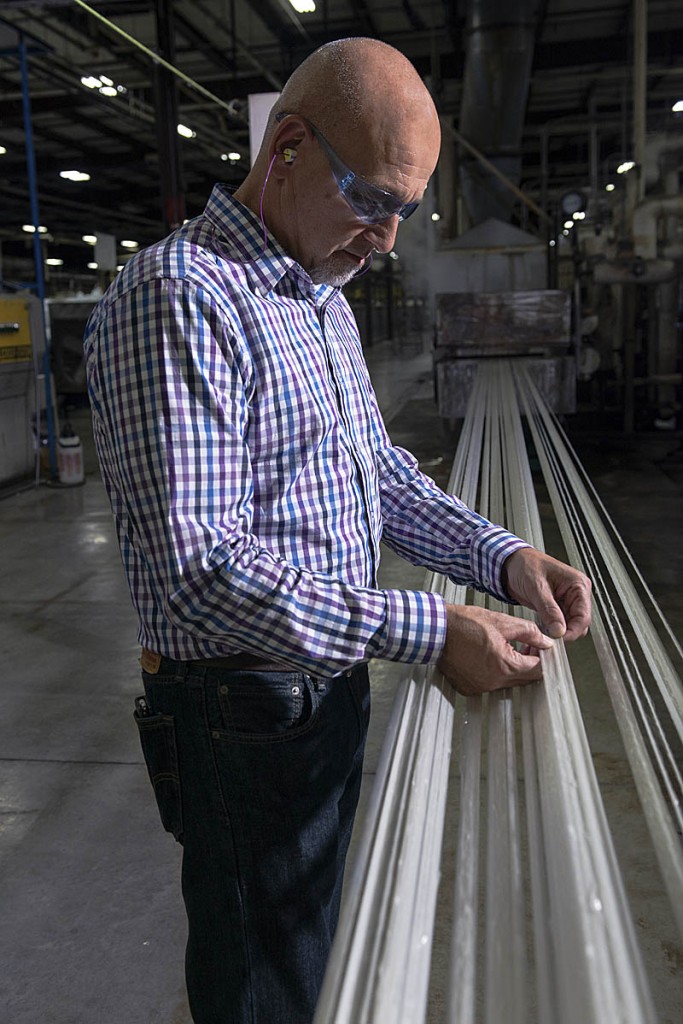
Robert Dempsey, product development engineer at PrimaLoft, inspects some of the new insulation. Photo: Seth Thompson/PrimaLoft
The company that supplies synthetic insulation to some of the top outdoor brands has unveiled a new biodegradable version of its product.
PrimaLoft said its Bio insulation is a game changer in sustainability.
The company’s scientists and engineers have been developing the new polyester for four years and is looking to have the material in garments by 2020.
In tests, PrimaLoft Bio degraded in landfill in less than 400 days, leaving behind water, methane, carbon dioxide and biomass – expired microorganisms, organic waste. Performance is not compromised it said, and the insulation provides exactly the same properties as its existing non-biodegradable insulation.
The Bio insulation is treated to make it more palatable to the microorganisms that operate in anaerobic environments such as landfill sites and oceans, without affecting its performance and durability while in use.
PrimaLoft said the European push for more sustainable garments began in Scandinavia and is now being seen in southern Europe.
Bio insulation is also 100 per cent recycled plastic, mainly recovered from PET bottles from the food and drinks industry.
Mike Joyce, president and chief executive of PrimaLoft said: “With PrimaLoft Bio, PrimaLoft is leading the charge by redefining what sustainability really means.
“Recycling is a good start but, we are intent on providing an even better answer to the environmental issues facing our industry. As we have been making sustainable products since 2007, PrimaLoft Bio speaks to the heart and soul of who we are.
“We looked at the global issues, including the proliferation of textile waste and microplastics, and determined how PrimaLoft could make a positive impact within our core competencies – material science and polymers. This technology, one of the most significant global technology launches in the company’s history, provides a solution at the material level, which was key for our vision.”
The idea was born in 2014 from the PrimaLoft product management. After two years of research, it took two years to develop the process and more than a year of testing with an independent lab.
Dr Charles Lancelot, a materials technologist who worked alongside PrimaLoft during the testing process, said: “PrimaLoft Bio has the potential to transform the outdoor and fashion and lifestyle industries’ supply chain.
“Over 80 per cent of discarded textile and garment wastes were landfilled in 2014 in the US, accounting for nearly eight per cent of the total waste. This advanced biodegradation technology from PrimaLoft leverages progressive end-of-life material science and demands the attention of every apparel brand interested in making a smaller environmental footprint.”
In the UK, an estimated 300,000 tonnes of clothing are destined for landfill sites annually.
To date, PrimaLoft said it has saved more than 84.7 million plastic bottles from landfills and transformed them into premium insulation technologies. By 2020, 90 per cent of its insulation products will have at least 50 per cent post-consumer recycled content, without compromising performance, it added.
grough spoke to Jochen Lagemann, PrimaLoft’s senior vice-president and managing director for Europe and Asia as the new product was launched.
He said: “The microbes only work in the anaerobic environment that appears in a landfill or ocean, so it has no impact when you’re still wearing the garment or during the normal life cycle.
“The product has exactly the same properties and the same performance as the original product that was not biodegradable. We changed the characteristics of the polymer. We added what we call a ‘secret sauce’, which is patented, to the polymer.
“You can compare it to a doughnut. You put some extra sugar on the doughnut and the sugar crust on top of it makes it a little more attractive for the microbes, which eat it away, so that it breaks up more quickly in the landfill or the ocean environment and as a consequence biodegrades much much faster.
“But it has no impact if you are wearing it or if you have it in your wardrobe or if you have it in the washing machine or in the dryer. It has no impact on the life-cycle, so it’s not falling apart while you’re wearing it.”
Mr Lagemann said PrimaLoft plans to extend the Bio technology sooner or later to all its products.
“The performance of the product with biodegradable content is the same as the product without the biodegradable content. The thickness is the same; the weight is the same; the insulation value is the same; the washability is the same. So the product features and the performance is absolutely the same.
“You can combine Bio with down. In general, with Bio, you can do whatever you can do with a non-Bio version as well. It has no limitations for the creativity of the designers. The performance and manufacturing guidelines are exactly the same for non-Bio products.
“If you have it in front of you, visually, haptically [by feel], it’s no different. You cannot see a difference in the product.
The company has tested how quickly the new product degrades in landfill and is close to concluding research into how well it biodegrades in the sea. Recent media publicity on the problems of marine plastics and microplastics have brought the subject to the fore in the UK.
“Normal biodegradable times are around 100 years. For landfill, Bio degrades in about 400 days; it will be a little bit longer in a maritime environment.
“The results we have for biodegradation in the ocean are super promising, but we don’t have the exact data because some of the tests are still running. In general, biodegradation in ocean or maritime environment always takes longer than in landfill. We have the data for landfill, but the tests are still running for ocean environments.
“The wearing and washing characteristics of the Bio are no different from the non-Bio products. There is always some loss from these products during wearing and washing processes. This depends a lot on the quantity and also the face and lining fabrics, how much of the fibres can get out. If they get out they end up in the waste water and sooner or later in the ocean.
“So there is a percentage that will go out into the environment. The good thing is, once they are in the ocean or the maritime environment, they will biodegrade much more quickly.”
Unusually for PrimaLoft, the company has decided to release details of its new Bio product before it has gone into garment production with its commercial partners, a sign it believes its new insulation is big news.
Mr Lagemann said: “In general, when we launch products, we launch them when we already have a number of key customers – more than 900 premium brands globally are on board. This time is a little different because we think this is really a game-changing technology where we say we don’t want to wait until we introduce it with all, or a big portion of our customers on board.
“A lot of our brands will be exposed to this product in the next few days. For the first time in our history as an ingredient brand, we’re going out to the media at the same time as our brands. So we don’t have confirmed partners yet. We have a handful of partners who have already seen it. The target is really an autumn-winter launch in 2020 with our customers, for the end consumer.
“There might be some who get Bio into their earlier collections but I would say the majority of customers will be on board for autumn 2020. That’s our target for the launch. We’ll also be exhibiting it at upcoming shows.
“The product is available now. The sourcing is available. We are heavily involved in the fibre manufacturing. We have samples we can show to the brands and they can make mock-ups of prototypes.”
PrimaLoft hasn’t yet decided whether the new insulation will command a premium price. The European boss said: “I can’t say whether Bio will be more expensive yet, because we haven’t finalised pricing. It’s a complex topic.
“Many years ago, when we first started with the first recycled content – the recycled fibres are more expensive than the virgin fibres – we asked if our customers were prepared to pay more for it; they said no.
“They said if it was going to squeeze their margins, they wouldn’t pay more. So we said we’d take a margin hit so that, with every metre of recycled product we sell, we earn less money. We said, otherwise we won’t have any impact on the supply chain and our industry if we price it out of the market and nobody is taking it, then we’ll never scale it.
“This Bio product is not only 100 per cent recycled, so a more expensive fibre, when we add our sugar for the microbes so they like it better, that costs money was well, so I’m not sure we can take that from our margins.
“We’re still working on whether we can sell it at the same price or a little bit more. Over the past year, according to opinion polls and research from the brand and consumers side, there is a tendency to say the end consumers are willing to pay a little bit more for sustainable products, similar to that for organic foods. We haven’t seen that in the apparel industry, but slowly the percentages are getting higher.
“There’s always a difference between what people say in an opinion poll and what they do in front of the cash desk. It’s a tricky question so I can’t right now say whether we will be able to sell Bio at the same price level.
“It will certainly cost us more to produce.”
It’s clear environmental issues surrounding outdoor clothing and gear are set to become more important. PrimaLoft said it wants to be ‘relentlessly responsible’. Mr Lagemann said: “The topic of sustainability is regional. In Europe, the first demands for sustainable products came from Scandinavia and then over the years it moved into southern Europe so there’s a regional difference.
“Brands differ too, for instance Houdini, Vaude, Patagonia which, with the heritage and values of their companies, have a more intrinsic motivation to sustainability. So it’s different brand by brand; region by region and it’s different as well from the consumer.
“What we have seen is the call for sustainability came mainly from outdoor brands. Outdoor lovers who use the products outdoors want to protect the environment they’re using it in, so in general they have a higher sensibility for nature conservation.
“Over the past years, we’ve seen a lot of our fashion customers pushing into the sustainable topic so our customers and their consumers are getting more and more aware of sustainable products. They’re asking for less impact on the environment.
“Sustainability in general is a super complex topic with different aspects and we hope that we really can create this awareness, with other ingredient brands too. A jacket can be biodegradable not only because of our insulation but because of the trim, the buttons, zips and other things as well.
“So hopefully that’s the inspiration for other brands to come up with solutions and invest in their research and development for products that are biodegradable.”
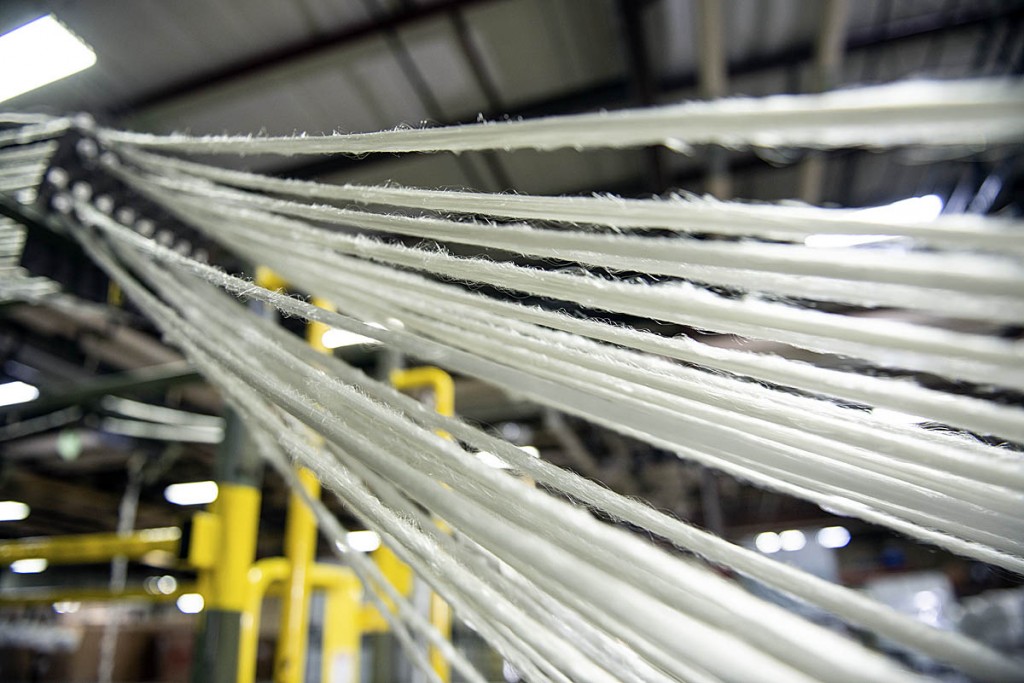
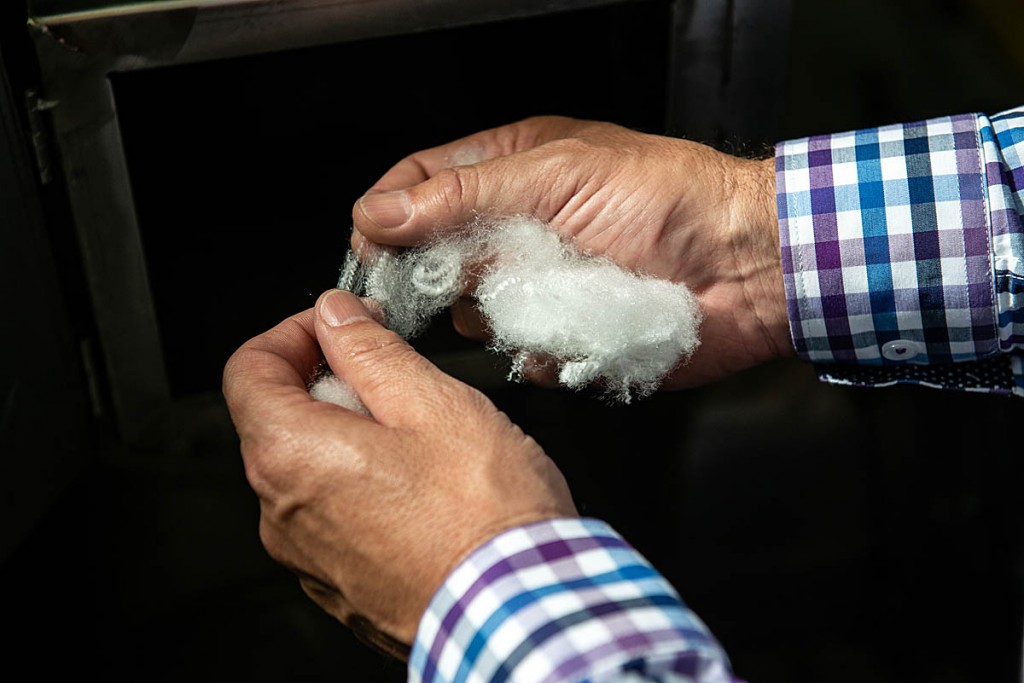
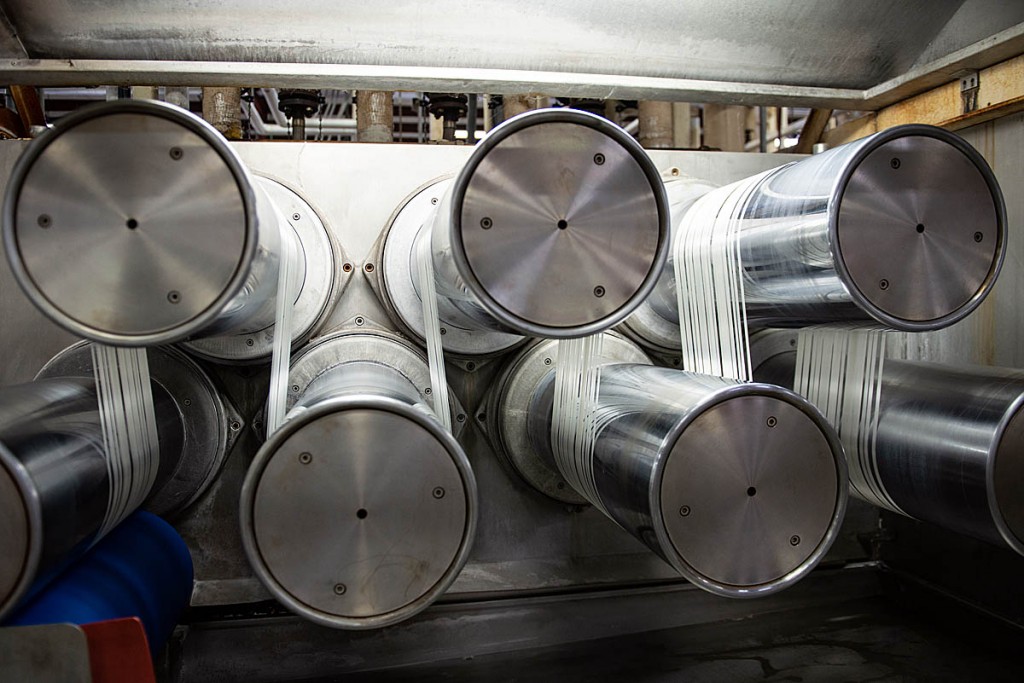
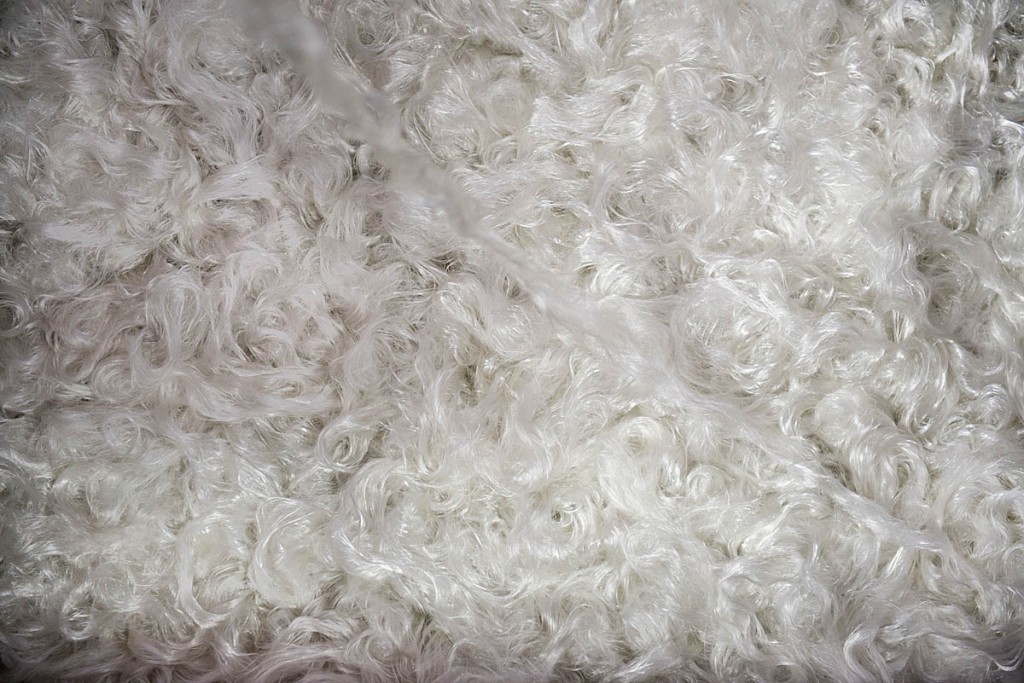
SH
23 October 2018Really good news! Hope it inspires others too.